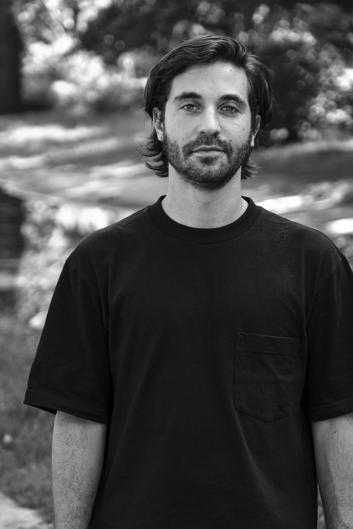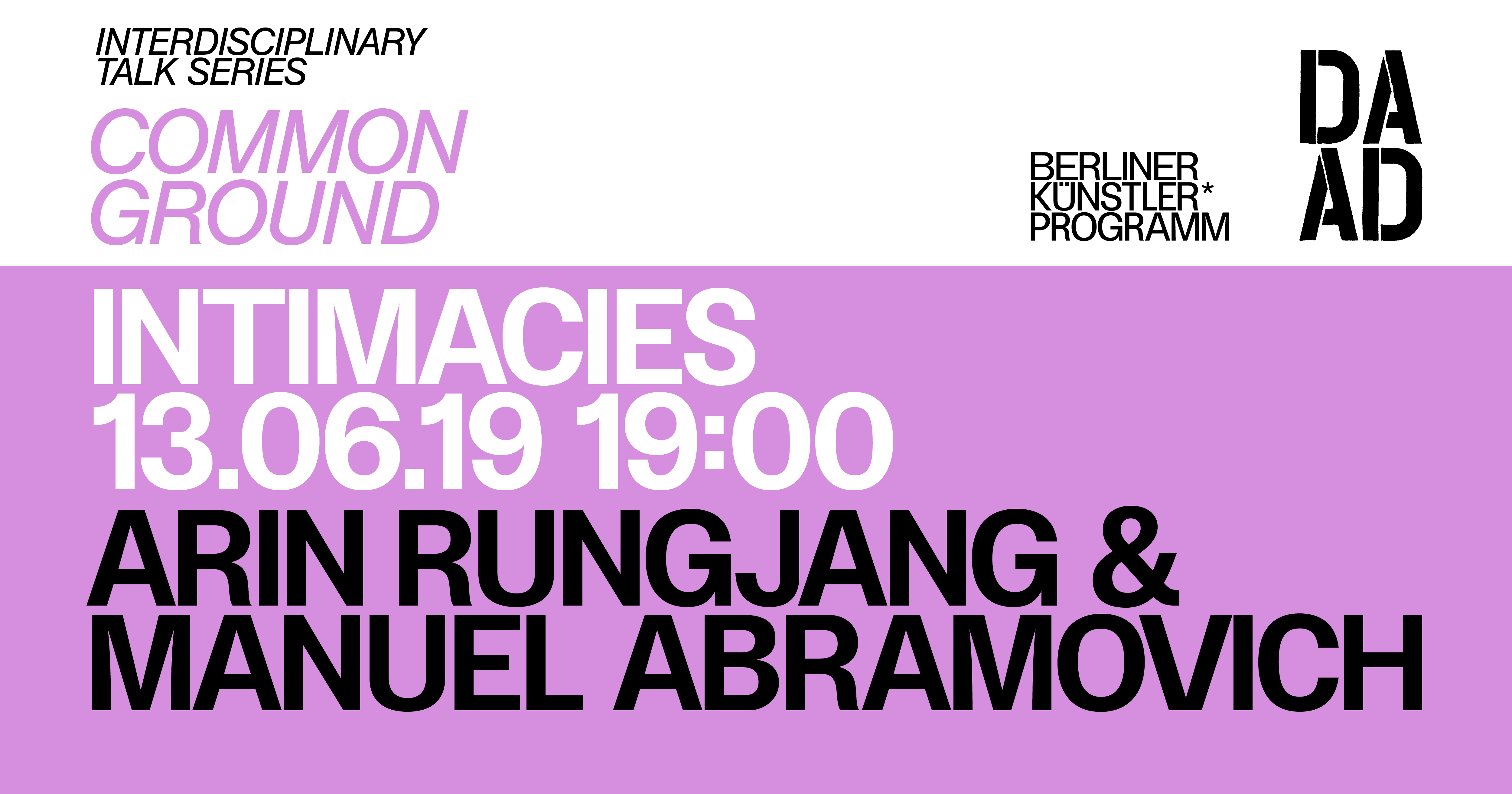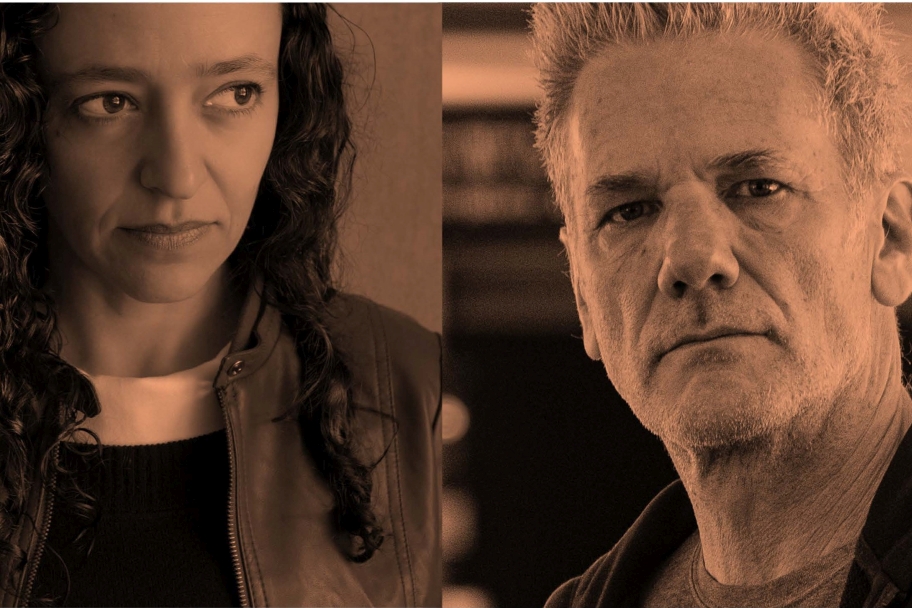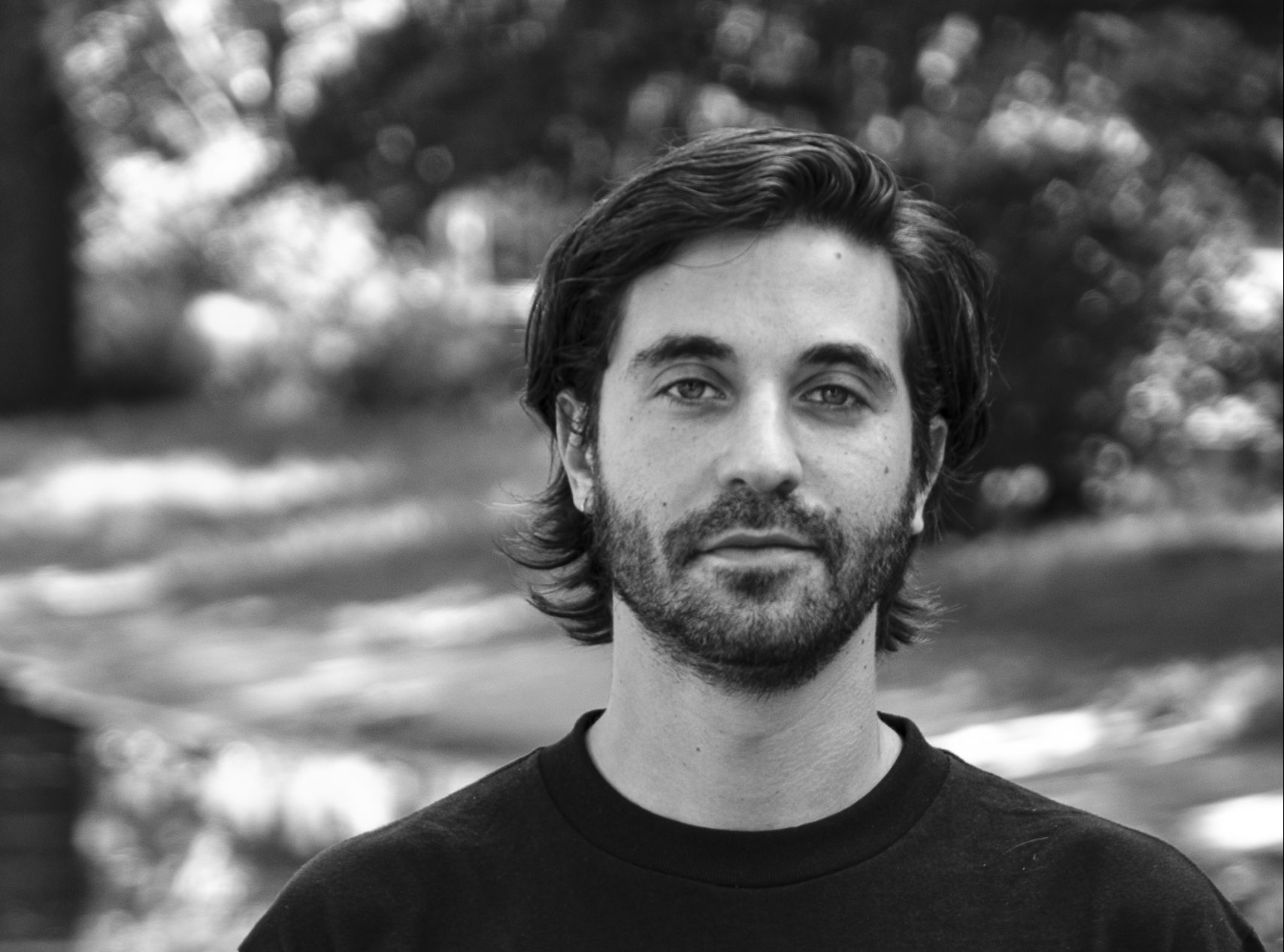Argentina, Visual Arts, 2019
Manuel
Abramovich

Manuel Abramovich likes to go unseen. The Argentinian documentary filmmaker specializes in observational situations where he can be both distanced and intimately present at the same time: as if he were not even there but still in the middle of things in a very direct way
In 2013 his portrait of a beauty queen was a hit at festivals worldwide: La reina is about a girl named María Emilia, known as Memi.
She is readied for competitions like the “Queen of Chocolate.” The heavy crown she has to wear causes her a lot of pain, but her mother just sweeps her complaints aside: “Take a pill.” A distinct cultural longing for a different world is evident on the girl’s glowing face as well as a reflection of the tears shed for outward appearances at the parade.
Manuel Abramovich fine tuned his aesthetic at the Berlinale’s Talent Campus and others—apart from one distinctive exception, his longer films are all shot from a similar position: Soldado follows a young man named Juan José González during his basic training with the Argentine army. Abramovich continuously films the drill field as if from outside, but a highly sensitive sound recording allows him to be present at the same time. Juan José becomes a drummer in the military band, and music plays an important role in Soldado as a whole. This study of an individual within an institution makes clear how Manuel Abramovich sees himself as a documentary filmmaker: he is aiming for a mediated perception, for cognitive processes that necessitate their own reflection.
Solar—the portrait of a young man who as a (enormously precocious) child has already written a bestseller—represents a distinctive exception in his work. Here, Abramovich is not always present himself, but he gives Flavio a compact camera that he is supposed to use to record his daily life. Of course, this produces different perceptions and provides an exciting insight into a fundamental constellation of documentary work: accessing reality is undermined by this reality not only when focusing on another person.
In Años luz (2018) Abramovich unites his thoughts on distance and involvement in a highly pointed way: he sets up a very personal confrontation between himself and feature film director Lucrecia Martel, who in turn cultivates a style in her works that can be seen as quasi-documentary. Abramovich is granted access to the filming of the screen adaptation of Zama. Here he in no way disrupts Martel’s concentration, but she still continuously addresses him because he never succeeds in making himself really or fully invisible.
Ultimately, Solar’s essential constellation repeats itself: Lucrecia Martel would like to have a say in Años luz. But Manuel Abramovich has once again created his own clever film here adopted from a reality that is fundamentally indistinguishable from a feature film.
Biography
Manuel Abramovich was born in 1987 in Buenos Aires. He graduated as a Director of Photography at ENERC (Buenos Aires).
His films have been screened at central festivals around the world, including Berlinale, Venice, Tribeca, IDFA, Cinéma du Réel and have received several awards.
His short film La reina has won fifty awards worldwide and his latest work Blue Boy won the Silver Bear at the Berlinale Shorts Competition 2019.
He is a 2019 fellow of the DAAD Artists-in-Berlin Program, where he is working on the development of two new projects.
Text: Bert Rebhandl
Translation: Erik Smith
2013: La reina
(short documentary)
2014: Las luces
(short documentary, co-director: Juan Renau)
2016: Solar
(documentary)
2017: Soldado
(documentary,)
2017: Años luz
(documentary)
2019: Blue Boy
(short documentary)





